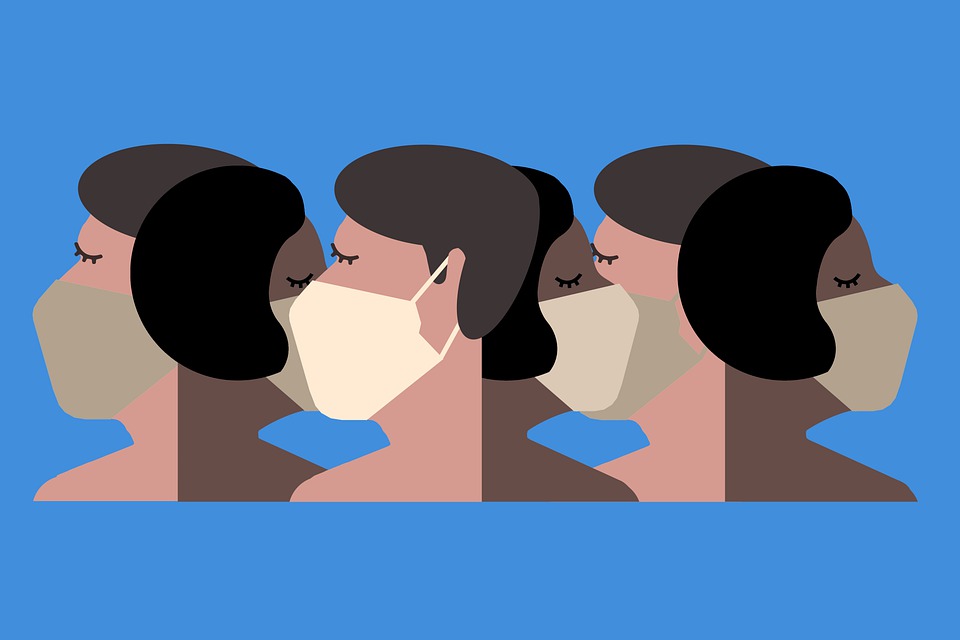As the semester draws to a close, graduate students can often find themselves teetering on the edge of burnout, their mental and emotional reserves drained by the relentless demands of academia. It’s a familiar narrative, marked by sleepless nights, endless deadlines, and the perpetual pursuit of perfection. In fact, according to the American Psychological Association’s (APA) 2021 Work and Well-being Survey, 79% of individuals reported experiencing some form of work-related stress, with 3 in 5 participants noting negative impacts from work such as apathy, reduced energy, or decreased motivation. Yet, amidst the chaos of the academic year, a glimmer of hope emerges – an opportunity to reclaim balance, restore vitality, and rediscover the joy of simply being in the summer.
In this blog post, we’ll explore the phenomenon of burnout among graduate students, offering insights and strategies to navigate the treacherous waters of academic exhaustion. From practical self-care tips to rejuvenating hobbies for the summer months ahead, we’ll arm you with the tools you need to replenish your spirit and emerge more vital than ever.
So, take a deep breath and let’s embark on this journey together. It’s time to prioritize your well-being, nurture your passions, and embark on a path of self-discovery. Are you ready?
What is burnout?
In an APA Speaking of Psychology podcast, Dr. Christina Maslach describes burnout as an occupational phenomenon that embodies a triadic manifestation: (1) Pervasive stress and exhaustion, (2) a manifestation of cynicism and hostility toward one’s work environment, and (3) a profound sense of personal inefficacy (Mills, 2021). Distinguished from mere stress and exhaustion, burnout is characterized by the chronic and simultaneous presence of all three aforementioned components – exhaustion, cynicism, and inefficacy. This distinction is paramount, as it delineates a condition wherein individuals, despite potentially enjoying their work, find themselves grappling with an overwhelming workload (Mills, 2021).
Stressors that can lead to burnout can encompass environmental and personal factors, which can overwhelm students who lack effective coping mechanisms. Burnout often manifests through symptoms like chronic fatigue, decreased motivation, and detachment from work (Clay, 2018). The demanding nature of graduate studies, such as tight deadlines, heavy workloads, and limited resources coupled with the pressure to excel academically and professionally, can exacerbate feeling overwhelmed and exhausted. However, it’s crucial to recognize that burnout is not an inevitable consequence of academic pursuits; rather, it signals that self-care and proactive coping strategies are essential. In the following sections, we’ll explore various techniques and practices, including self-care rituals, engaging hobbies, and reflective journaling, to empower graduate students to combat burnout and cultivate resilience.
Self-Care Rituals
Amidst the hustle of graduate life and even working through the summer, carving out time for self-care may seem like a luxury reserved for the privileged few. However, it is crucial to recognize that self-care is not a selfish indulgence but a fundamental necessity. Recognizing that self-care can be an accessibility issue, here are some activities that APA recommends that are primarily low-cost and easy for graduate students to incorporate (Clay, 2018):
- Limit screen time
- Catch up on sleep
- Prioritize more nutritious foods
- Reconnect with loved ones/your community
- Delegate responsibilities
- Go on a trip
- Start your nighttime routine again
Hobbies to try
As summer is on the horizon and the weight of academia begins to lift, there’s no better time to explore new avenues of joy and fulfillment. Engaging in hobbies not only offers a welcome respite from the rigors of graduate studies but also provides a much-needed opportunity for self-expression and exploration. Whether immersing yourself in the soothing strokes of a paintbrush, losing yourself in the pages of a captivating novel, or embracing the therapeutic rhythm of a yoga practice, the world is brimming with possibilities waiting to be discovered. Below are some new hobbies to try:
- Photography
- Gardening
- Hiking
- Kickboxing
- Cooking/baking
- Knitting/crocheting
- Pilates
Questions to Reflect on:
As graduate students’ workload begins to slow, it’s the perfect time to get back in tune with our thoughts, feelings, and aspirations. Reflection journaling offers a sacred space for unraveling the tapestry of our experiences, inviting us to pause, ponder, and gain clarity. Below are some questions to reflect on for the summer to measure how your academic year went and set goals for the next one!
- How am I measuring success? How did I see this play out during the school year?
- How did I prioritize self-care and well-being this year? What practices were most effective?
- How can I apply the lessons learned from this semester to improve my academic performance and well-being as a grad student?
As the academic year comes to an end, it’s important to remember that resilience is not merely about weathering storms but also finding strength and growth amidst stress. By prioritizing self-care, embracing rejuvenating hobbies, and engaging in reflective practices, graduate students can equip themselves with the tools and strategies needed to navigate the challenges of academia with grace and resilience. For more resources from APA, see below!
APAGS Related Blog Posts:
APA Monitor on Psychology:
- When are psychologists most at risk of burnout?
- Employers need to focus on workplace burnout: Here’s Why
- Burnout and stress are everywhere
Speaking of Psychology:
Why we are burned out and what to do about it, with Christina Maslach, PhD
About the Author:
Lauryn Hoard is a second-year clinical psychology graduate student at George Washington University and is the current intern for the American Psychological Association of Graduate Students (APAGS). Her current research interests pertain to examining the effects of offline and online racial discrimination and protective factors in Black Americans. When she is not doing work, she is either running, doing Pilates, trying new foods, reading a book, or watching a documentary.
References
American Psychological Association. (2021). The American workforce faces compounding pressure. https://www.apa.org/pubs/reports/work-well-being/compounding-pressure-2021
Clay, R. A. (2018, February). Are you burned out? Here are signs and what to do about them. https://www.apa.org/monitor/2018/02/ce-corner
Mills, K. (2021, July). Why We’re Burned out and What to do about it, with Christina Maslach, PhD (No.152) [Audio podcast episode]. In Wireman, L. (Producer) & Mills, K. (Host), Speaking of Psychology. American Psychological Association. https://www.apa.org/news/podcasts/speaking-of-psychology/burnout



